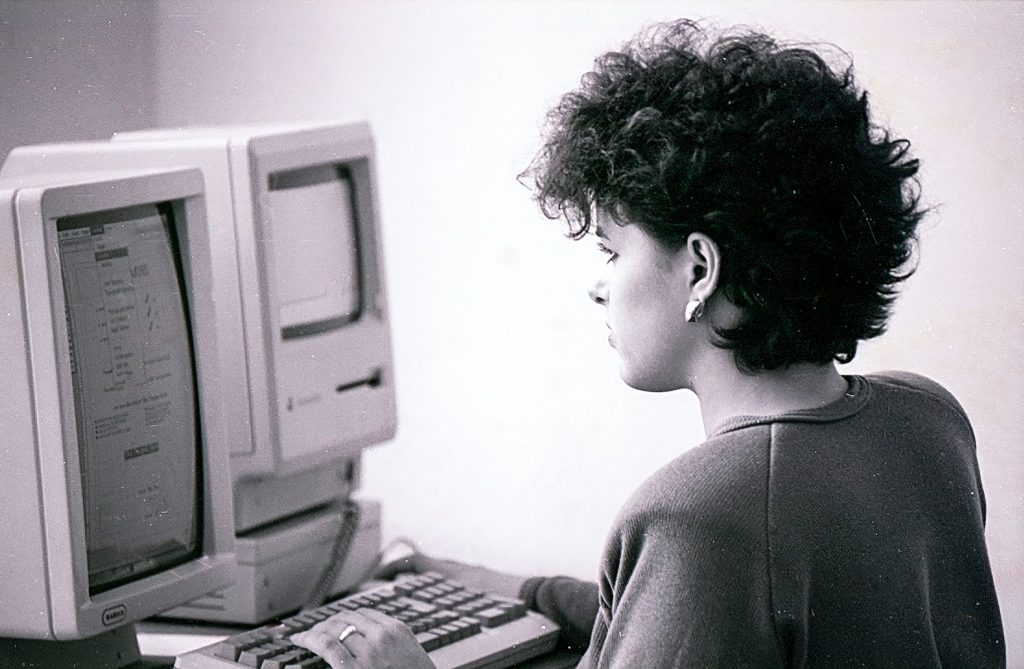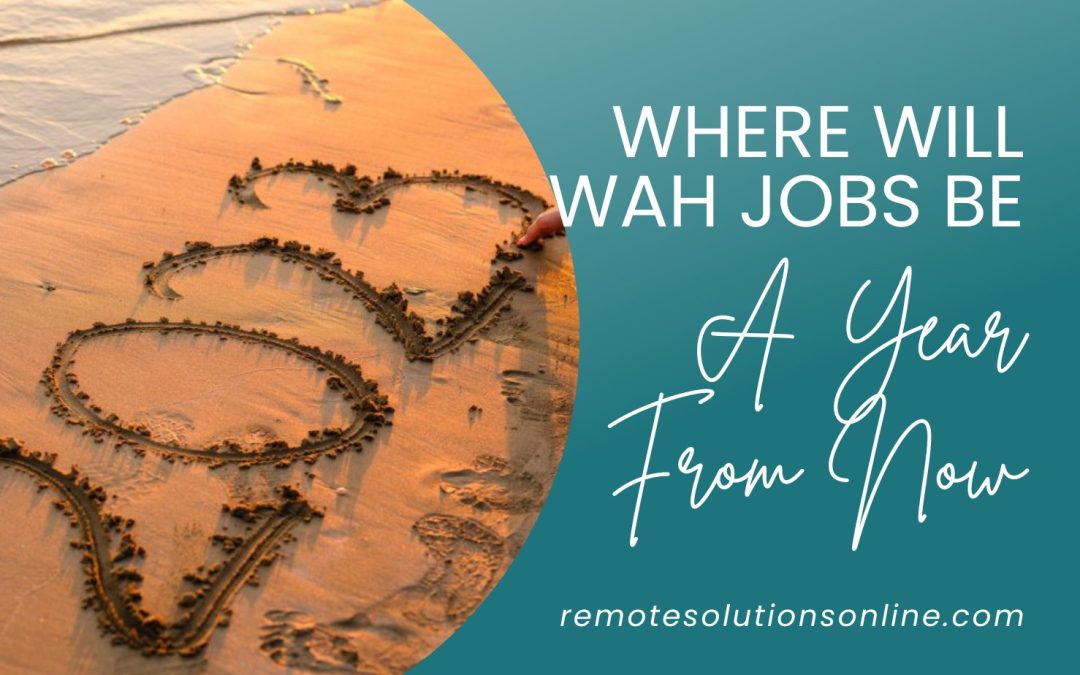Will the work-from-home industry still be as famous in a year as it has been since Covid erupted? Many people left and lost their jobs in 2020 due to the pandemic and sought jobs working from home. Some of those people did go back to work in the real world, but others chose to stay working in their home offices. Employers also found that it was cheaper to have employees working remotely versus paying extra expenses for a building and the bills or taxes that go along with those buildings. Will those people and those employers still feel the same way in a year?
The First Work from Home Jobs (That started in the office)
Can you believe that working from home dates back to the seventies? No kidding! In 1979 some IBM employees worked from home as part of a successful experiment that expanded to include more employees. Not many people knew that working from home was available at that time.

Only people that worked in fields where they had to interact with technology for their job really had the availability to work from home. JCPenney started letting its employees take customer calls from the comfort of their own homes. Several other companies followed suit, and telecommuting has become increasingly popular.
Benefits For Employers and Employees
There is no question that having employees work from home can be beneficial for everyone. Employers can save on equipment, parking, lighting, heating, plumbing, air conditioning, etc. Larger companies usually also have vendors (vending machines) and kitchen equipment costs.

Employees can also save money on gas, food costs for eating out, and uniforms. Some work-from-home jobs will require that the employee already has a computer or their own equipment. In this case, this also saves the employer a lot of money. Most people are happier working from home because this gives them more flexibility and this, in turn, increases their productivity.
Potential Downsides to Work from Home Jobs
There are many good reasons to have a work-from-home job, but some employers might discover that there can be some challenges as well. Even more, they may want more control over their employees and security. Some work-from-home jobs currently want you to have a webcam so that you can be on camera throughout the entirety of your shift. This is because they do not trust work from home and want to ensure you are doing your job and nothing else. I disagree with this approach as I do not like being on camera, but I understand why some employers do this.

These types of employers feel like one of the downsides to working from home is that they cannot see you, cannot monitor your work or your work performance, and cannot talk to you face to face. While a work chat is available for online jobs, it is hard to understand people in a chatroom, and sometimes it can even be hard to understand someone in a video call. There is no potential to increase morale through events like employee get-togethers or work-sponsored barbecues. It is hard to incentivize and motivate your employees when they work from home. This is why I highly recommend that you are self-motivated and driven to achieve your own goals if you work from home.
Final Thoughts
I think that the work-from-home industry will continue to grow as more and more companies realize that the benefits of working from home outweigh the disadvantages. Not only will it save them money, but it will also help to save the environment if we construct fewer buildings. As more and more diseases develop, more people will start wanting to work from home due to health concerns. There are so many jobs now that are becoming automated in the real world (self-checkout, restaurants, hotels) that I also believe this will start pushing more and more real people to work from home. Where do you think the work-from-home industry will be in one year?
